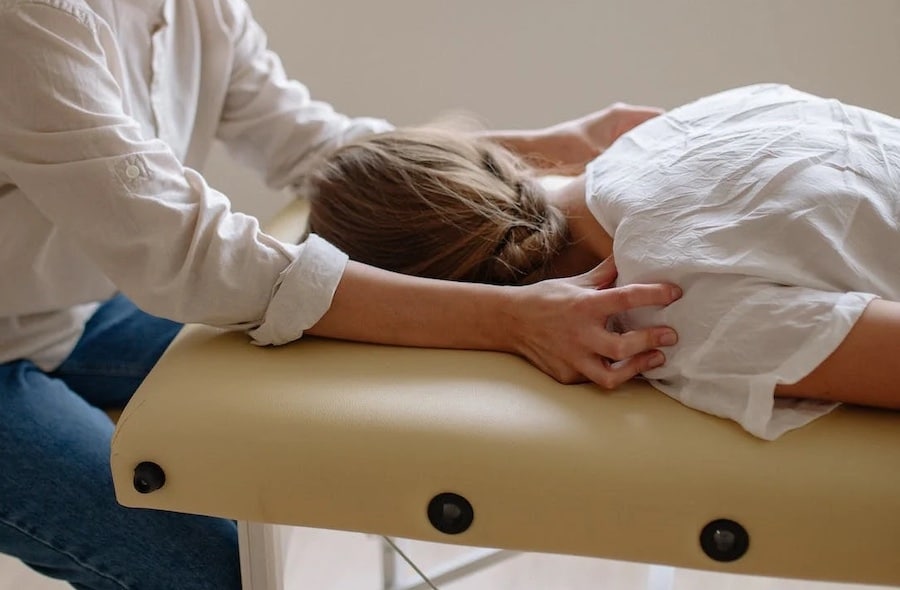
What is the difference between rest and sleep and why do we need both?
There have been many studies and hypotheses into the importance of sleep and the rejuvenation it brings, but less into the importance of rest and why this is different to sleep.
What is rest?
The first definition of rest that my dictionary gives is “Be still”, and it describes “restful” as meaning “favourable to repose, free from disturbing influences, soothing”. A ten minute rest period during a busy day can be highly rejuvenating as well as bringing a sense of peace and calmness.
Why is it difficult to achieve healthy rest?
It is so easy to get sucked into everything that we need to achieve in a day! Our minds can race ahead of us, and our bodies are ignored as we push through to get everything done. We don’t take lunch breaks, don’t eat healthily and then we slump in front of the telly at night with a glass of wine!
How can you easily insert moments of rest into your day
Allowing yourself a brief break between tasks when you simply stop and do nothing can be extremely fulfilling as well as efficient. Your mind can clear, you can breathe more deeply and your body can relax, and therefore you are better placed to start the next job. Studies have shown that deep breathing can improve our immune system dramatically, so try this simple exercise for a week and see how you feel.
Three times a day stop whatever you are doing, clear your mind (as much as possible) and take three slow steady breaths in and out. Then carry on with whatever you were doing!
Exercise, gardening, reading, meeting with friends, sitting with a cup of tea are all ways of resting. What is important, however, is to focus just on the one task. When you notice that your mind has drifted off into the future or past gently bring it back to the present. A useful technique is to touch something with your hand and concentrate on the sensation of touch. Really explore what the touch feels like, the quality of the object you’re touching and the difference between the parts of the hand that are in contact and those that aren’t.
Another idea is to take a 10 minute walk during your lunch break around the block or a nearby park. Pay attention to your senses (sight, hearing, smell, taste, touch) so that you are ‘present’ and in tune with your body as you walk.
Keep practising!
This may take some practice – your mind might tell you that you can’t afford the time, your body may feel agitated, you may find it hard to get started again or simply forget. But perhaps everything that is worth doing requires practice?
Imagine having days of feeling calm, centred, unrushed and yet at the same time achieving everything we need to without feeling exhausted at the end of the day. It is possible!
“What is this life, if full of care
We have no time to stand and stare?”
(Leisure – W.H Davies).
By: Emma Comfort
Practitioner of shiatsu, aromatheapy and bio-resonance
Bramham Therapy in Marlborough
See also our blogs on
tips on sleeping well




This Post Has 0 Comments